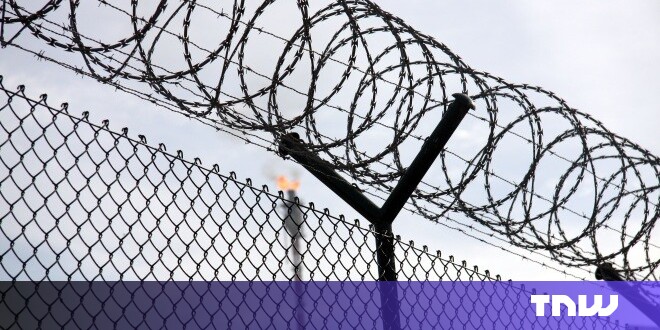Originally posted by mjg59
View Post
It is like I (microsoft) am the richest and nasties guy in town and because of that kids don't like me and throw rocks on my windows. So what I do? I make the mayor (OEMs), which I hold by the balls, put barriers and guards on the public road so nobody can walk around without my permission.


Leave a comment: